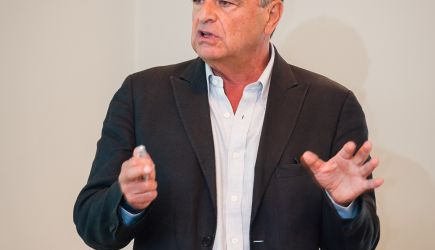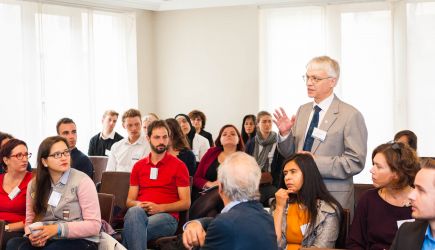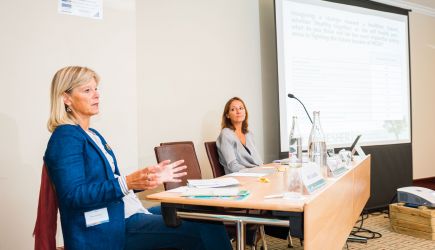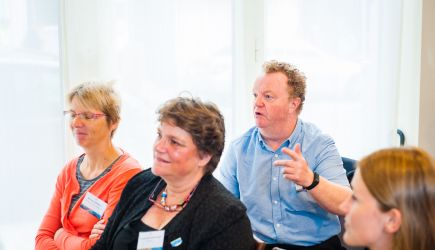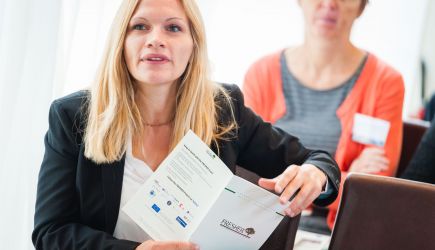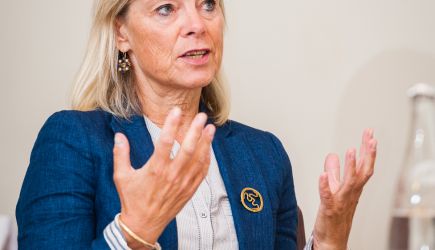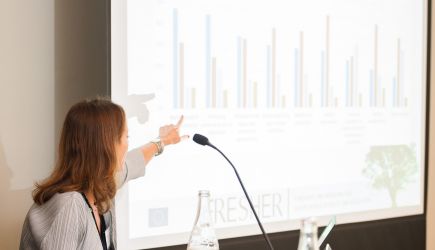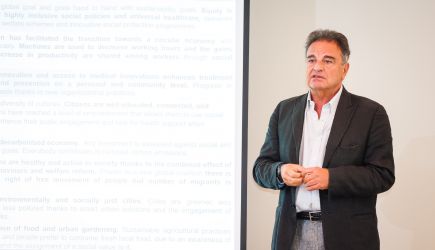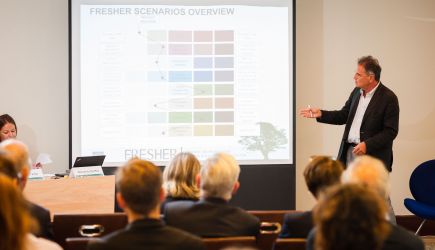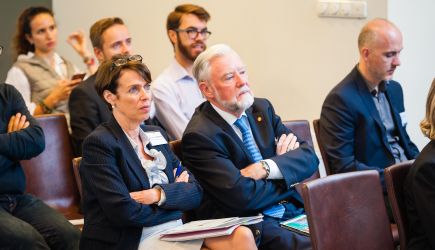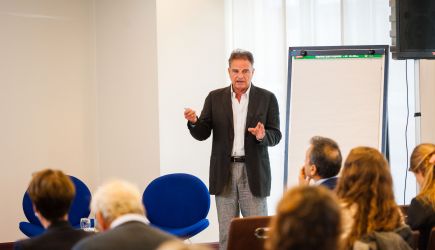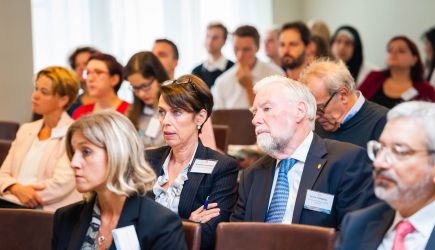Alternative scenarios for the evolution of chronic diseases in Europe towards 2030 & 2050
Presented by FRESHER project, Foresight and Modelling for European Health Policy and Regulation
Building alternative scenarios for the future of Europe has become an imperative as exemplified by the recent EU Commission White Paper on the Future of Europe and the way forward. Such foresight exercise has been extended to the specific field of social policy based on the idea that « looking ahead, the debate should be about how to adapt our social models to current and future challenges and galvanise Europe’s social spirit » .
While the importance of health in underpinning Europe’s social dimenion is broadly recognised by the public health community, the question on how to contribute to better lives and more inclusive economies while ensuring EU’s broader commitment to sustainable health systems remains imminent.
Addressed at policy makers and the public health community at large, the session contributed to policy formulation in the context of alternative futures with the aim of containing the burden of NCDs and its negative impacts on wellbeing of European citizens and societies as a whole. Find out more about Fresher Scenarios.
Concept
Based on work undertaken in the multidisciplinary project FRESHER, this morning event presented health scenarios linked to the evolution of NCDs in Europe at Horizon 2030/2050. The Scenarios have been produced using sophisticated foresight techniques and a highly participative process with stakeholders from different fields.They are a significant contribution to the discussions about the future of Europe. They will directly inform the modelling work undertaken by the project and will allow to produce evidence-based results about key policy questions for the future of health in Europe : to what extent the scaling up of already established prevention policies (healthy diet, anti-tobacco and alcohol, physical activity etc.), which unfortunately is still far from granted in the whole EU, would be enough to reduce premature mortality from NCDs by one third in 2030, a key target of Sustainable Development Goal 3 devoted to health ? Or, will the accomplishment of this goal require to implement more radical and structural policies on environmental protection, agroecology and urban policies, equitable access to early diagnosis and care etc.?
Speakers
Moderator
Andrea Ricci, Vice President, Institute of Studies for the Integration of Systems (ISINNOVA)
Introduction
Ann Uustalu, European Commission, DG Research & Innovation
Scenarios
- Jean-Paul Moatti, Executive Director, Institut de Recherche pour le Développement (IRD)
- Giovanna Giuffre, Senior Project Manager, Institute of Studies for the Integration of Systems (ISINNOVA)
Policy Implications
Stefano Vella, Director, Istituto Superiore di Sanità (ISS)
